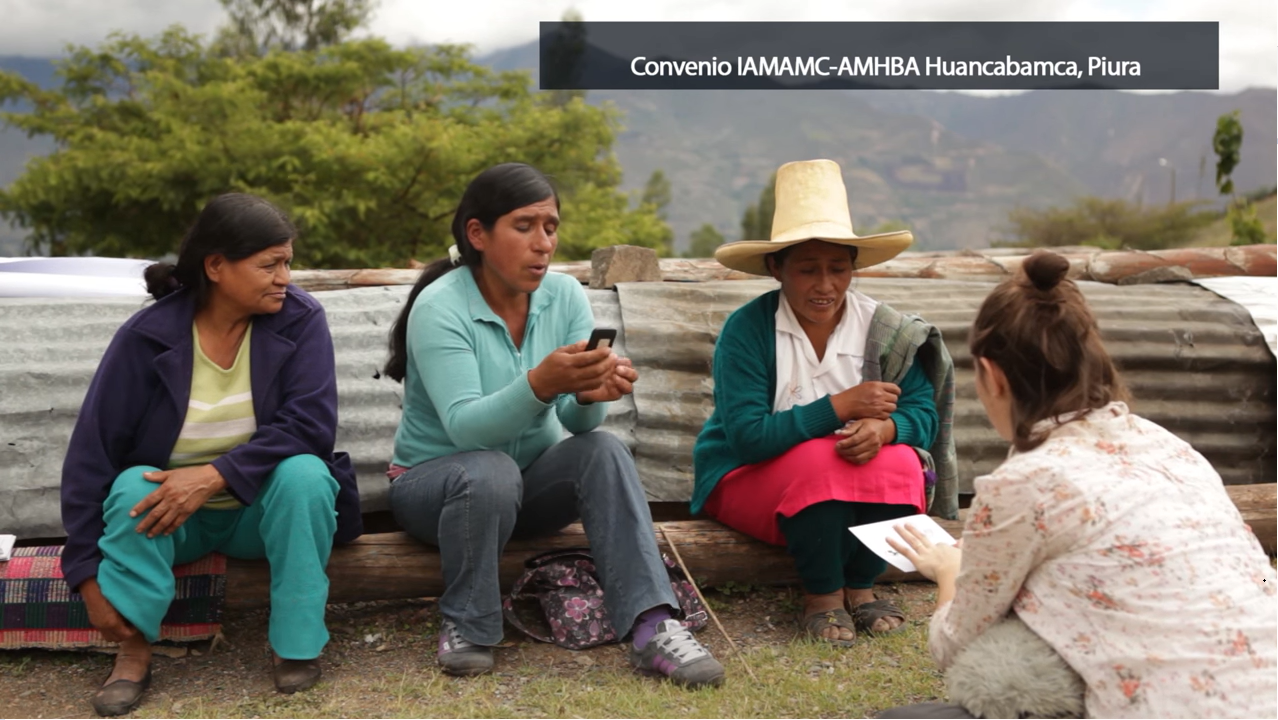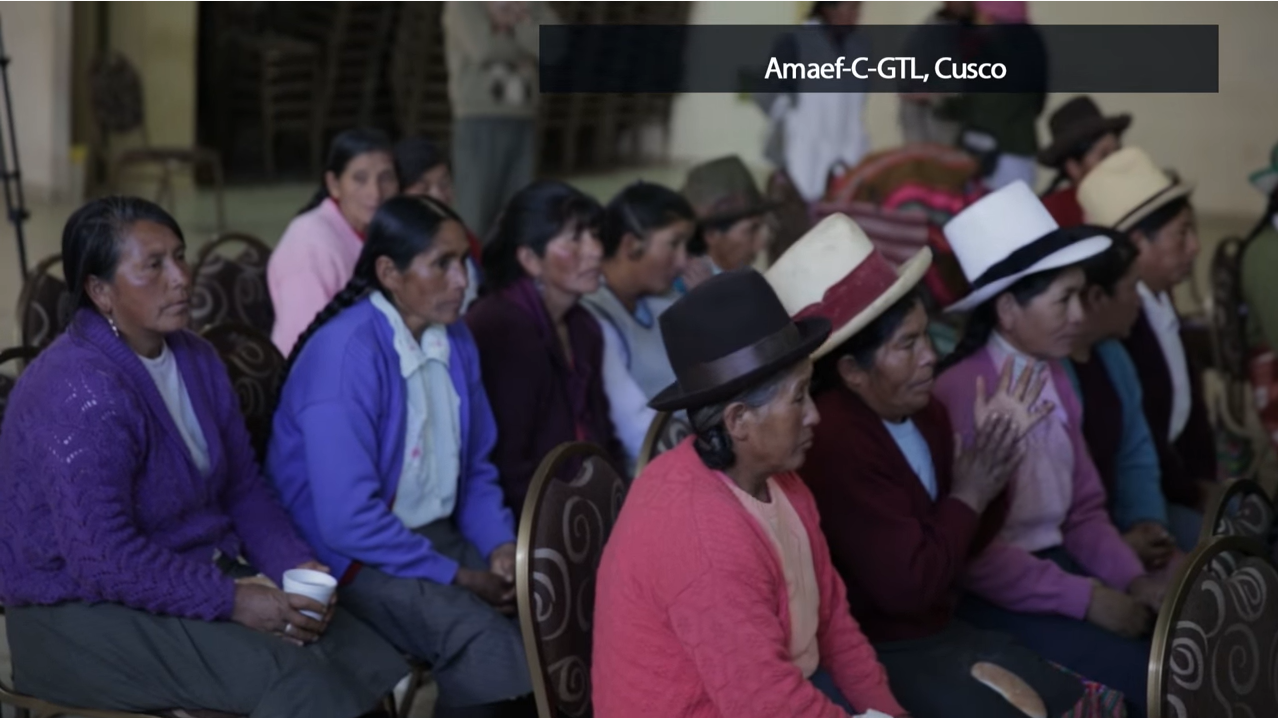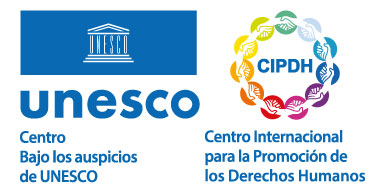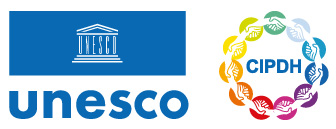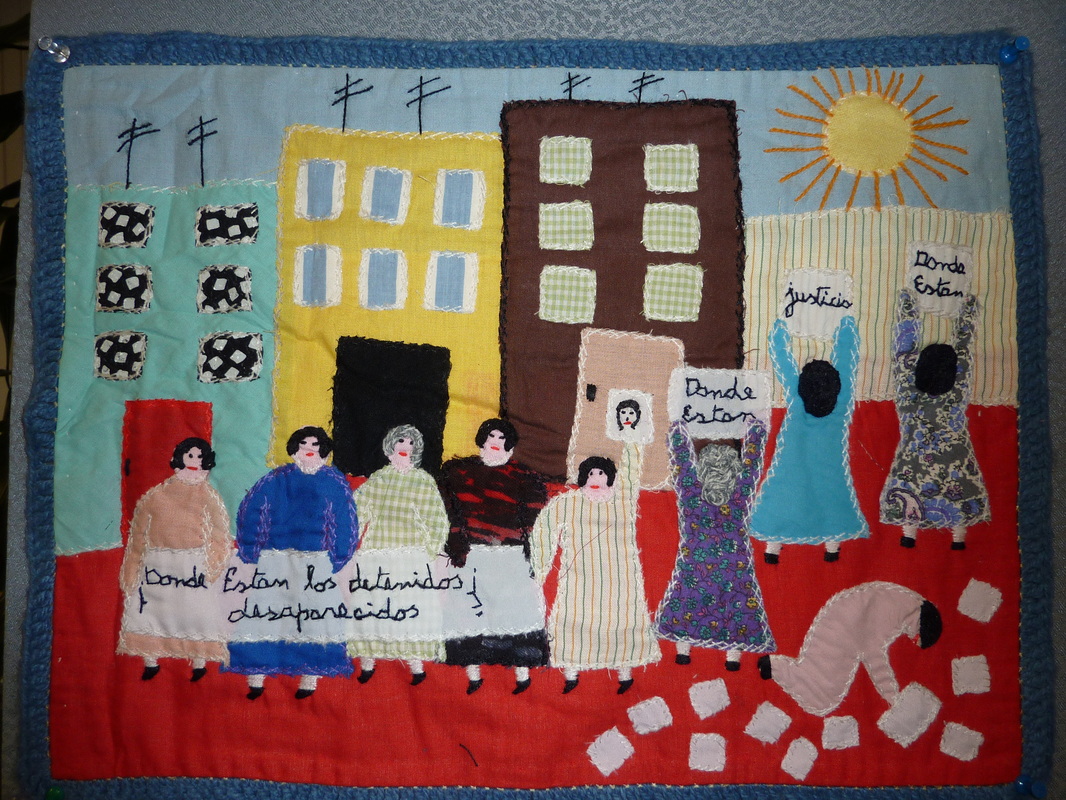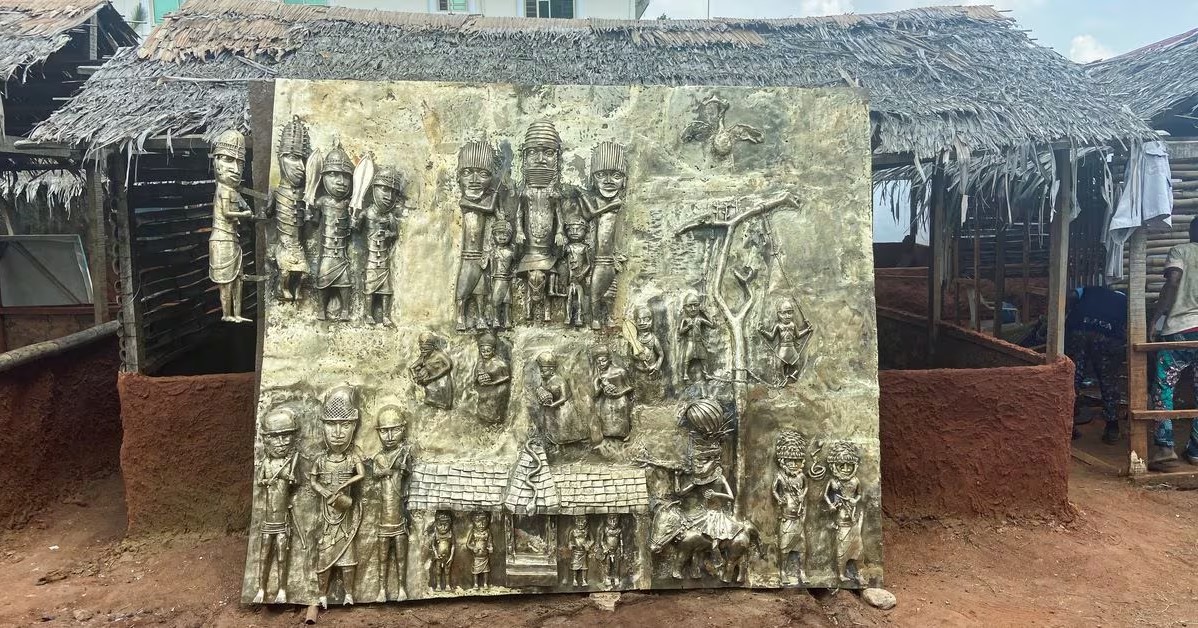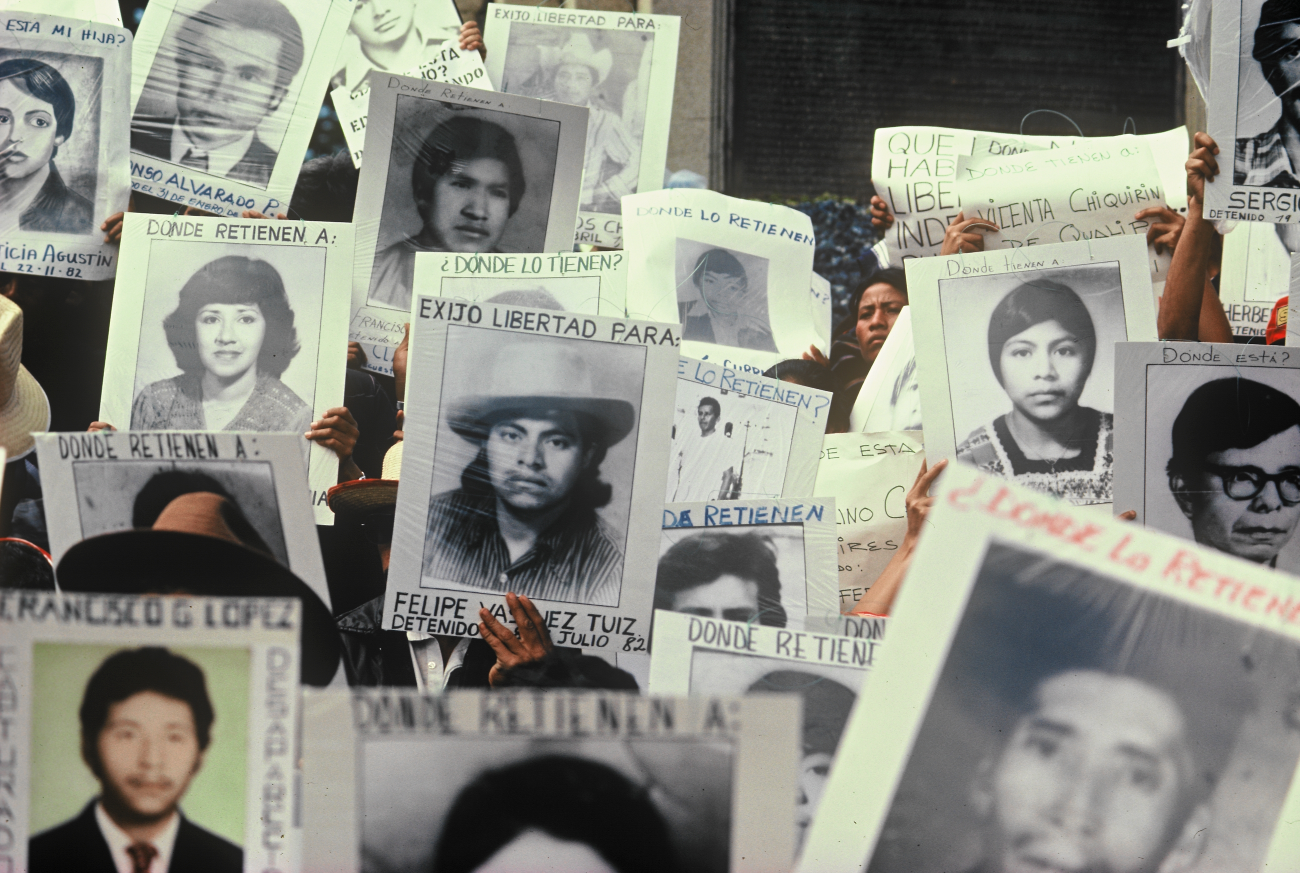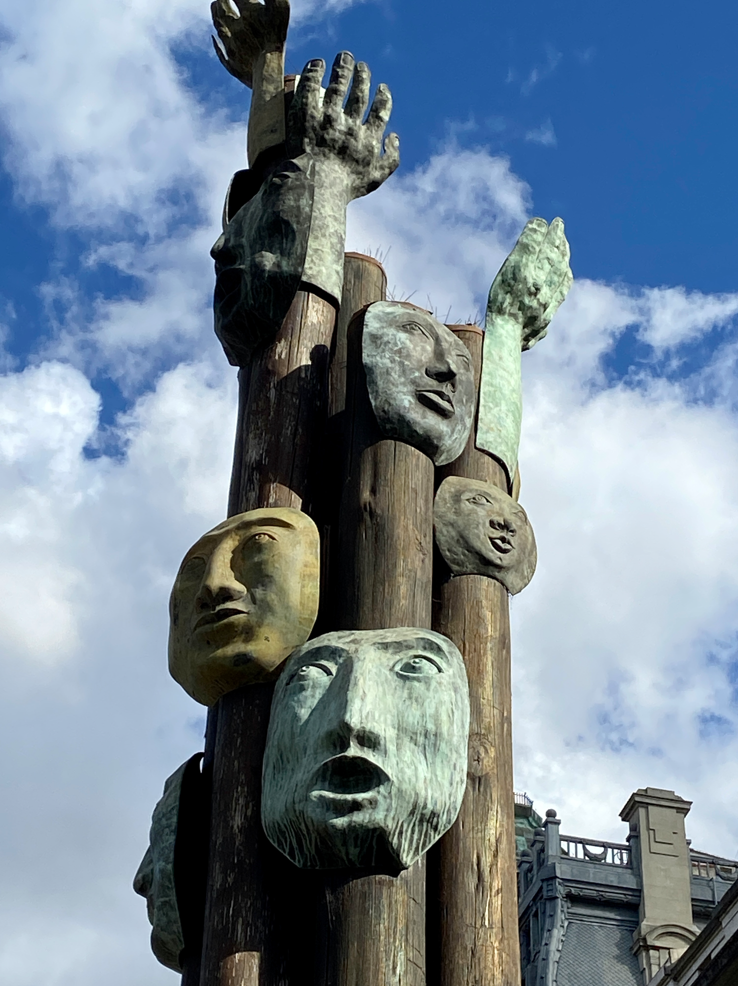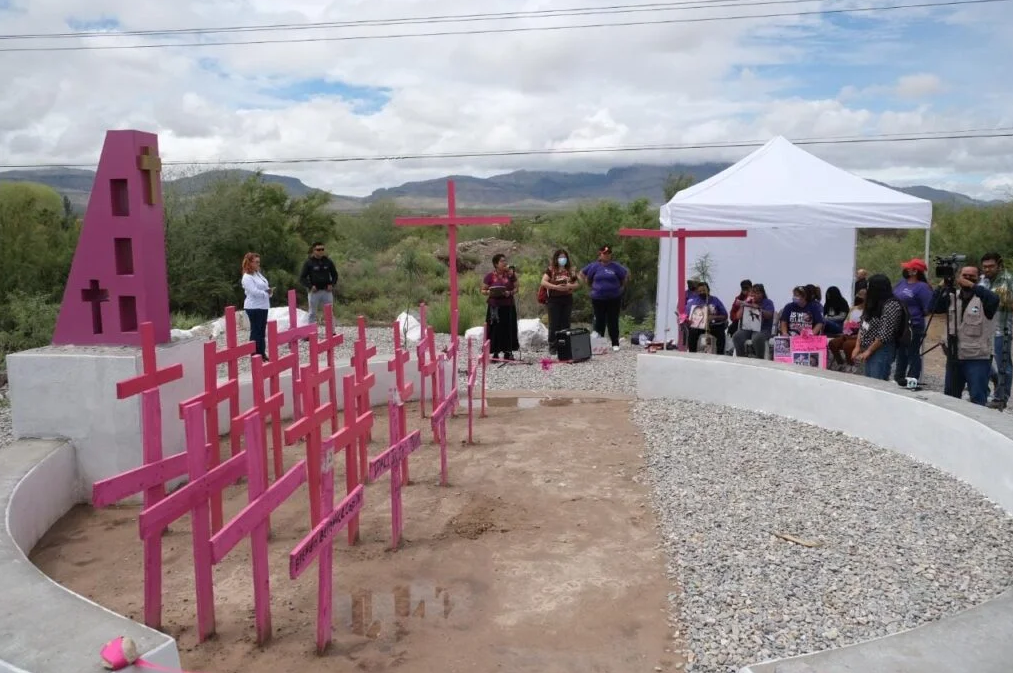Quipu Project
Archive
Artistic heritage
Theme: Violence against women, sexual diversities and/or for gender reasons

Address
Bajada San Martín 151, Miraflores (physical) - https://interactive.quipu-project.com/#/en/quipu/intro (digital)
Country
Peru
City
Miraflores, Lima
Continent
America
Theme: Violence against women, sexual diversities and/or for gender reasons
Purpose of Memory
To compile the testimonies of the victims of sterilizations carried out without consent during Alberto Fujimori's government in Peru to achieve recognition of the facts and comprehensive reparation for the victims
Public Access
Free
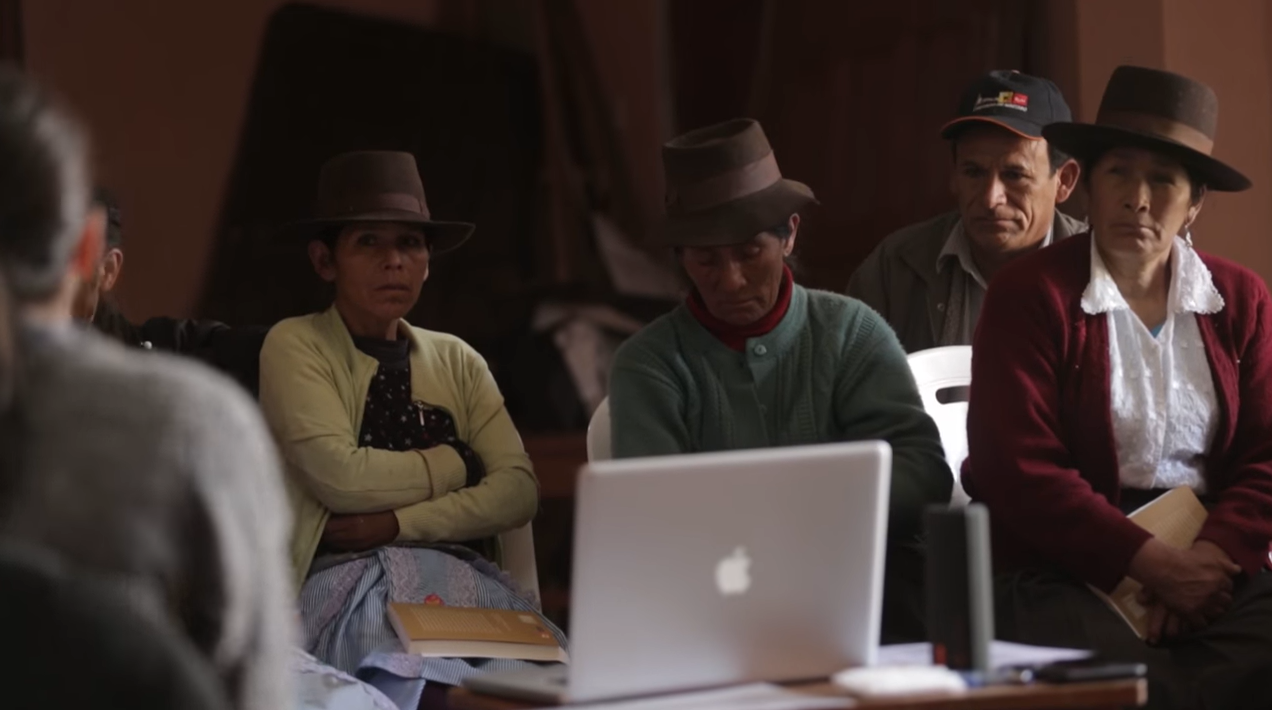
Location description
Quipu Project is a participatory transmedia project that consists of a documentary short film and a web platform that contains images, texts and an oral archive open to the community, collecting through a free telephone line testimonies of forced sterilizations’ victims in Peru.
The short film “Quipu, calls for Justice” (2017) documents the story of Esperanza and Teodula, two rural women from Peru who seek justice for having been sterilized without their consent. The platform hosts testimonies of victims displayed in the form of quipus, a recording method used by the Inca society that consists of tying ropes to count, and transmit stories and other information. Within the web, the quipus are divided into four colors that differentiate themes within the testimonies: “The sterilization program”, “The operations”, “Life after (the sterilization)” and “In search of Justice”. Users can click on them and go from string to string listening to the testimonials. A fifth quipu color collects responses from listeners that are also sent to those who contribute to the project and give testimony. Finally, the platform has a button that exposes different ways of collaborating with the project, be it by leaving a message, making a donation, signing a petition or being a volunteer translator and transcriber.
Between 1996 and 2000, during Alberto Fujimori’s government in Peru, a Family Planning Program that sterilized 272,028 women and 22,004 men without informed consent was carried out. The program aimed to reduce poverty by forcibly lowering the birth rate of low-income populations. Most of the victims were women from rural, indigenous and peasant communities. Each region had a number of sterilizations that health personnel had to complete. Those who did not comply with this assigned quota were threatened and the personnel who performed the most sterilizations were rewarded with incentives. “Health Festivals” and massive advertising campaigns were also carried out within the framework of the program.
Even though vasectomies were cheaper and less risky to perform, the program was aimed especially at women, who are majority among the number of victims. Fujimori presented this program at the fourth UN Women’s Conference in China in 1995, claiming that women would be “masters of their own destiny”. However, most of the victims declare that they were sterilized without informed consent; with inappropriate hygiene, care and infrastructure conditions; under threat, violence, deception, misinformation and coercion, and without any type of post-operative follow-up. Even the consents are symbolically violent since they were signed in writing and in Spanish, the majority of the victims being illiterate and/or Quechua-speaking. There are currently 18 deaths caused by these interventions and the rest of the victims suffer physical, emotional and psychological consequences such as headaches, hemorrhages, depression, paralysis of the extremities, intense pain in the abdomen, hip and back, muscle weakness, decreased of libido and heart failure.
There are also economic and cultural consequences, since the victims were unable to carry out their rural and artisan work, and were forced to migrate in order to survive. Many of them point to the stigma and loss of value that not being able to have children entails, as well as the economic and cultural burden of being unable to carry out work and becoming a burden on their families and communities.
The case of the sterilizations was not considered by the Truth and Reconciliation Commission of Peru, and although there are more than 8,000 victims registered in the Registry of Victims of Forced Sterilizations, they have not yet agreed to a comprehensive reparation measure.
In January 2021 hearings began, and in June of the same year the case against Alberto Fujimori and his former Ministers of Health, Eduardo Yong Motta, Alejandro Aguinaga and Marino Costa Bauer, began. There is sufficient evidence to prove that the sterilizations were a systematic policy directed against the civilian population and a serious violation of the sexual and reproductive rights of the victims. However, the process was delayed, postponed and obstructed on several occasions.
In the year 2000, after the end of Alberto Fujimori’s mandate in power, the first testimonies of the sterilized victims began to appear and several organizations led by women emerged to denounce the cases.
In 2011 the Quipu Project, a collaborative transmedia documentary-archive directed by Maria Court, Rosemarie Lerner and carried out by researchers, activists, filmmakers and NGOs, was created. Distancing themselves from the classic documentary model, the authors decided to let the victims, who had already been denouncing the abuses, tell their story themselves in their own words and use the platform to reach a massive and international audience, bridging the gap that tends to isolate rural communities.
The authors observed that a large part of the victims were illiterate, spoke Quechua and/or lacked access to communication technologies and services. This made it difficult for them to access justice, since Peru’s state institutions are monolingual, operating in Spanish and in writing.
Considering this linguistic difference of the victims, the digital divide and the distances from rural communities, a free telephone line was created in Peru so that victims can call anonymously by dialing “one” to listen to other testimonies or “two” to leave their testimonies that are later transcribed and translated into Quechua, Spanish and English. This telephone line is connected to a virtual platform that collects and moderates the publication of the victims’ testimonies, creating a collective oral memory file in the form of quipus.
In collaboration with victims’ organizations, the authors traveled to various communities to give workshops on how to use the hotline. Taking back the power of the radio as a means to unite the rural sectors, they used local radio stations to convene the participants and broadcast their testimonies. The victims began calling to give testimony; those who did not have a telephone borrowed it from a neighbor, those who did not know how to use it received assistance from younger people and even ambassadors of the project were appointed by geographical area to collect their community’s testimonies with a telephone assigned by the project’s authors. Many of the victims assure that this narration instance served to order their testimonies before audiences and prosecutors.
The Quipu Project is a tribute to Giulia Tamayo, a lawyer and human rights defender who first investigated forced sterilizations during the Fujimori government and had to go into exile after being threatened.
The project collaborates with women’s organizations, with Amnesty International’s Against Their Will campaign and is housed at the University of Bristol, the British Library and officially at the Place of Memory, Tolerance and Social Inclusion of Peru (LUM in its Spanish acronym).
